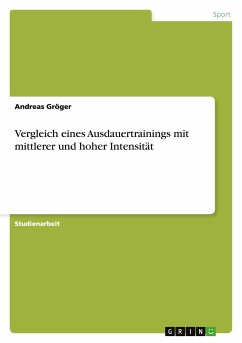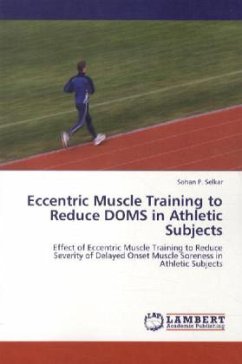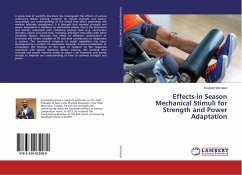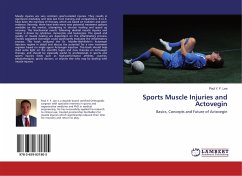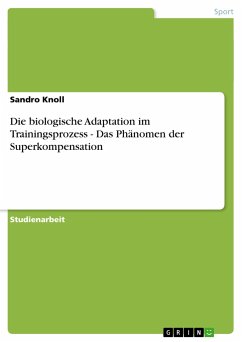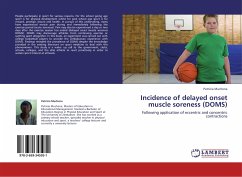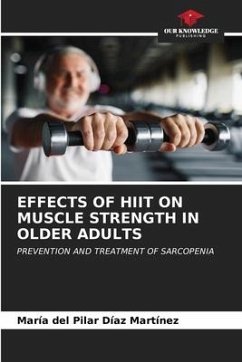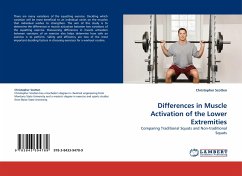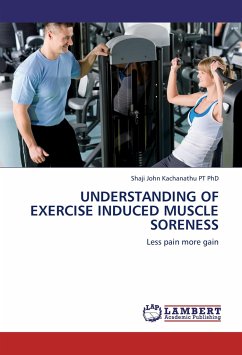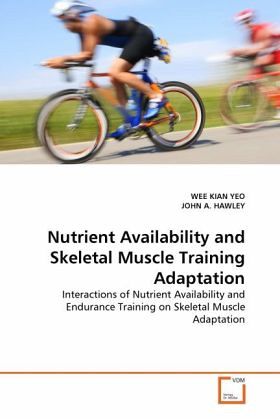
Nutrient Availability and Skeletal Muscle Training Adaptation
Interactions of Nutrient Availability and Endurance Training on Skeletal Muscle Adaptation
Versandkostenfrei!
Versandfertig in 6-10 Tagen
39,99 €
inkl. MwSt.

PAYBACK Punkte
20 °P sammeln!
Nutrient availability and exercise training are two potent modulators of skeletal muscle adaptation. While the effects of nutrient provision or training alone on muscle adaptation have been well researched, the interactive effects of these two stressors on skeletal muscle adaptation are less well understood, especially in well-trained athletes. Furthermore, until recently, the mechanisms that underlie the changes in muscle metabolism that result from this nutrient-training interaction are largely unknown. Accordingly, the primary aim of the studies undertaken in this book was to enhance our un...
Nutrient availability and exercise training are two potent modulators of skeletal muscle adaptation. While the effects of nutrient provision or training alone on muscle adaptation have been well researched, the interactive effects of these two stressors on skeletal muscle adaptation are less well understood, especially in well-trained athletes. Furthermore, until recently, the mechanisms that underlie the changes in muscle metabolism that result from this nutrient-training interaction are largely unknown. Accordingly, the primary aim of the studies undertaken in this book was to enhance our understanding of how nutrient availability in skeletal muscle interacts with endurance exercise to modify skeletal muscle adaptation in already well-trained athletes. In this regard, nutrient levels were manipulated by two different strategies: first by prescribing a high-fat, low-CHO diet, and secondly by manipulating the athletes training schedule. The subsequent training adaptation was studied by examining changes in whole-body metabolism and enzymatic activities as well as changes to selected cell signalling pathways that are related to both nutrient availability and training stimuli.




